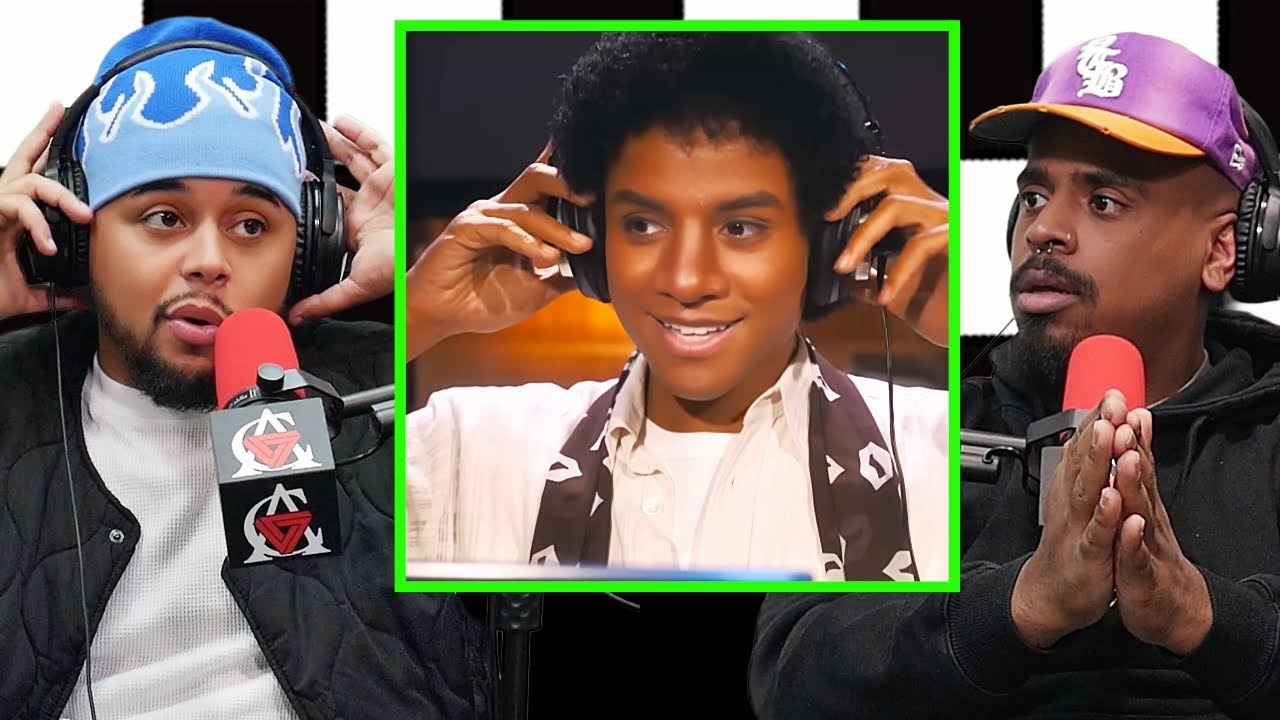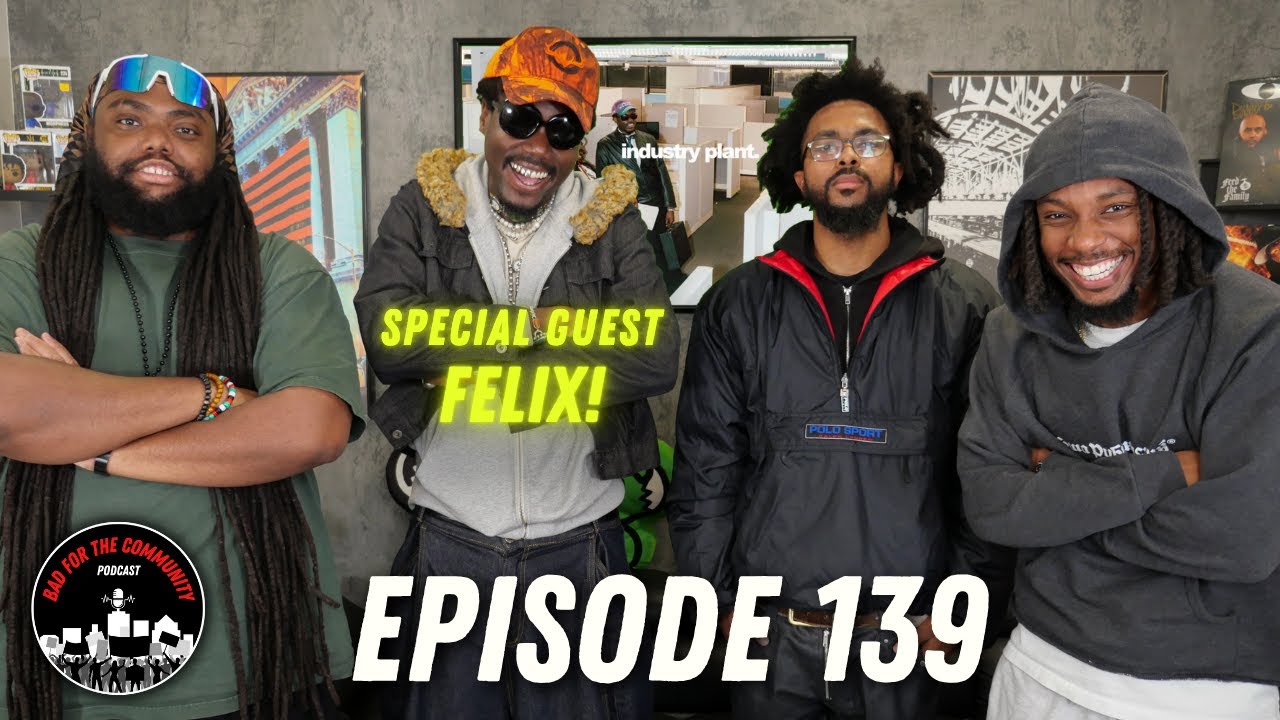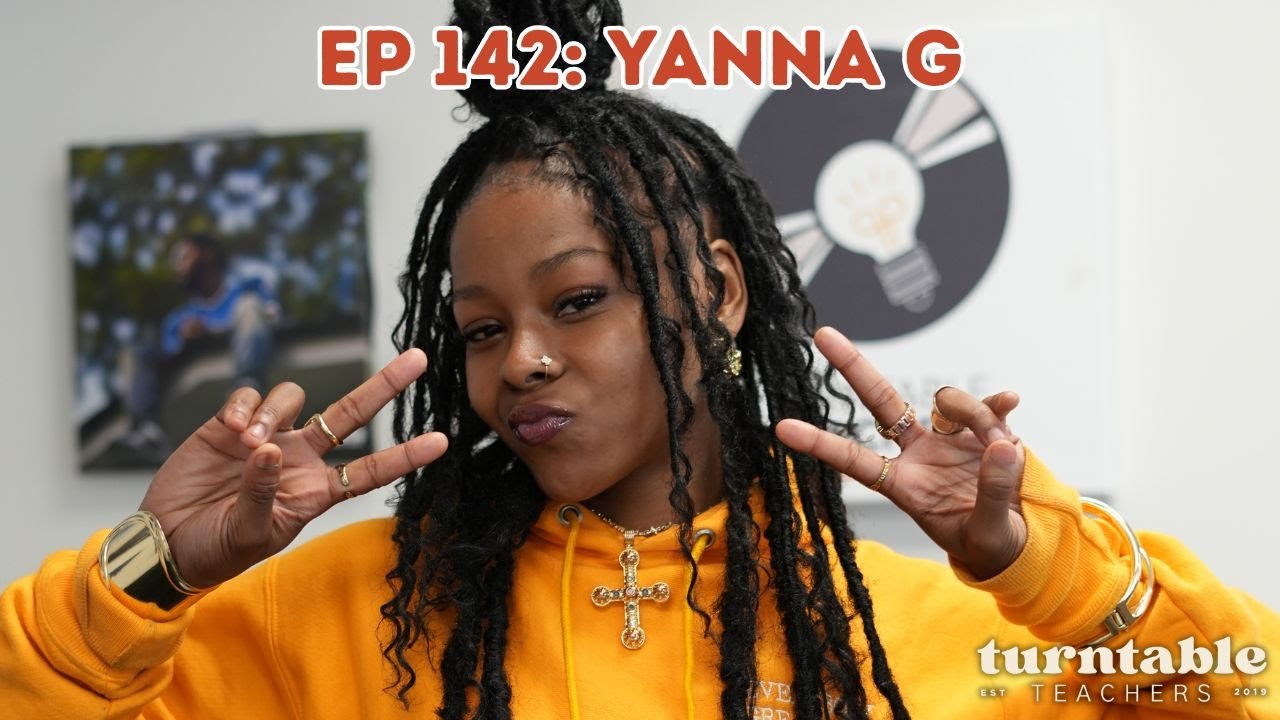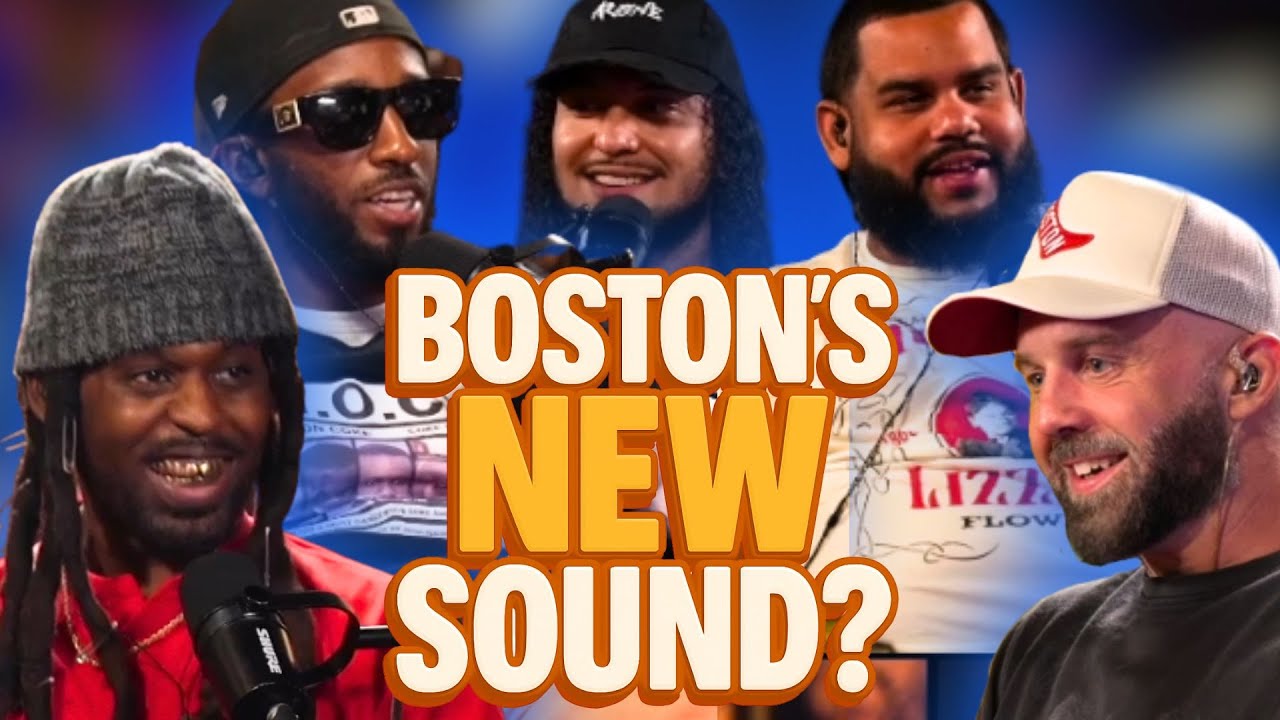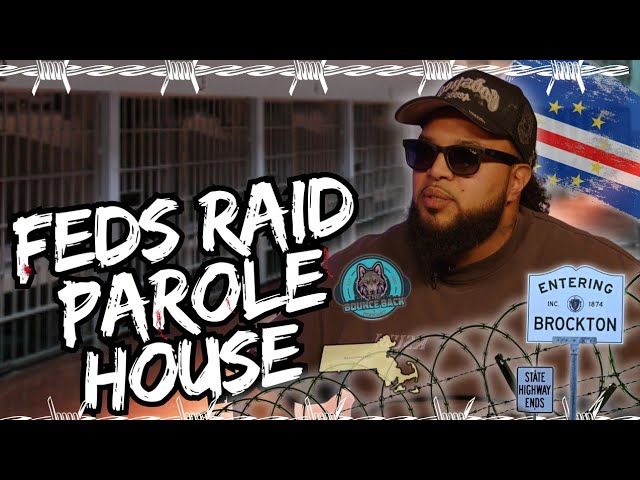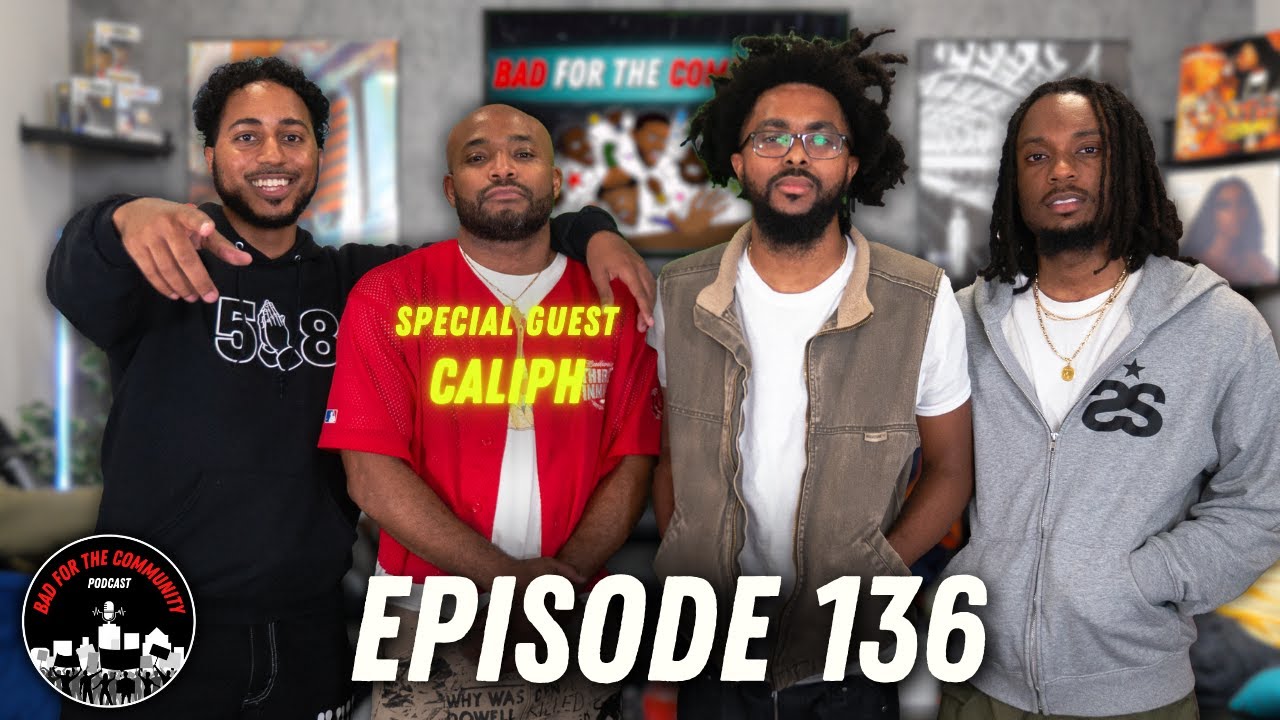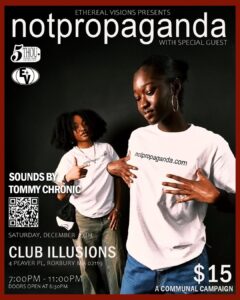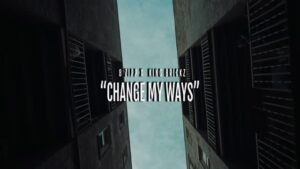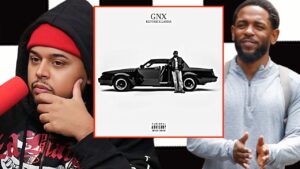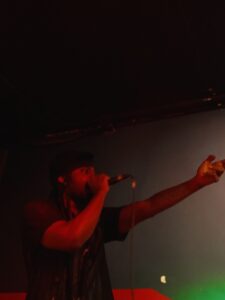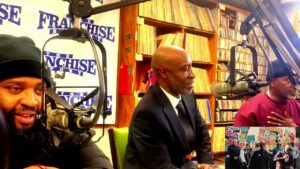Bridgeport, Connecticut’s own Showly pulled up to The ‘HIGHSTREET’ Podcast to celebrate the release of his highly anticipated album, ‘Holy Was Here’, and dive deep into his creative process, background, and thoughts on the music industry. The rapper also performed a brand-new bonus track made on the way to the show, giving listeners a raw taste of his evolving artistry.
Showly is known for his unique approach to songwriting. Unlike most artists, he doesn’t write his lyrics down but instead memorizes them. He constructs his verses four bars at a time, often drawing from personal experiences, though his stories are not always strictly autobiographical. Many of his tracks combine multiple situations into one cohesive narrative, giving his music a vivid and layered feel.
Growing up in Bridgeport, Showly faced a tough upbringing marked by exposure to drugs, crime, and violence. His music, however, reflects themes of resilience and persistence. After spending two years in jail, where he wrote lyrics he never used, Showly now focuses on creating songs that uplift and empower listeners, reminding them that obstacles can be overcome.
Released the day of the interview, ‘Holy Was Here’ showcases Showly’s range beyond just lyrical rap. With tracks like “Pressure” and “Bulletproof Glass,” the album blends storytelling with structured songs, including hooks, marking a notable shift in his style. Representing the “Big East” sound, the project puts a spotlight on the Northeast hip-hop scene and highlights Showly’s evolution as an artist.
In the conversation, Showly expressed his preference for staying independent over signing with a major label. He shared his skepticism about industry “best practices” that seem to benefit platforms more than the artists. Instead, Showly is interested in selling music directly to fans, bypassing traditional streaming services. He also discussed the disparity between fame and wealth in the music industry, emphasizing the importance of financial independence over fleeting viral success.
The discussion also touched on the impact of TikTok on music promotion. While acknowledging the platform’s role in driving streams through Spotify and Apple Music, Showly pointed out the struggle many viral artists face in maintaining long-term success. He and the hosts emphasized the difference between authentic fan bases and momentary trends, calling for artists to focus on building genuine connections with their audiences.
Showly and the podcast hosts highlighted the importance of fostering community among local artists in Bridgeport and beyond. They discussed the need for collaboration between different roles in the industry—producers, videographers, and rappers—to uplift regional culture instead of only looking to outside influences. Showly teased some upcoming collaborations and projects in the works, making it clear that timing is everything when it comes to releasing new material.

